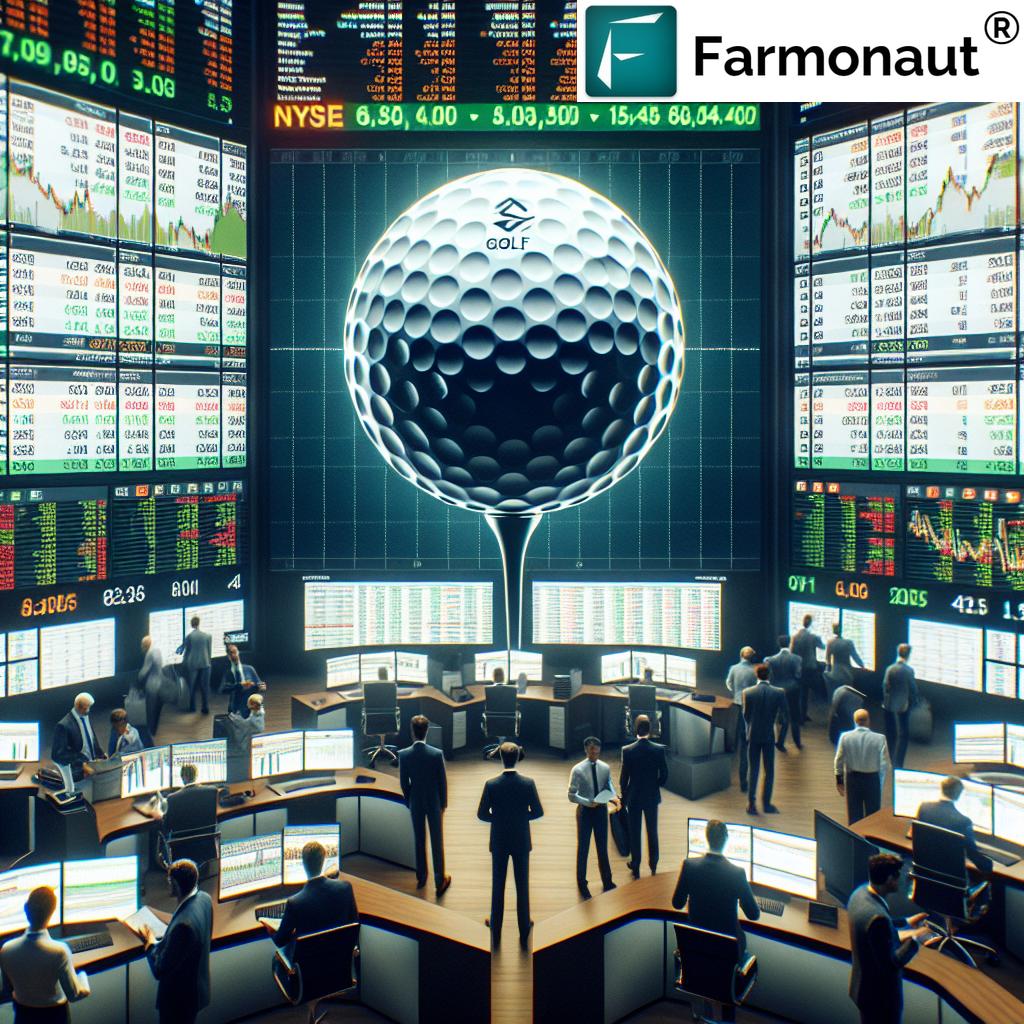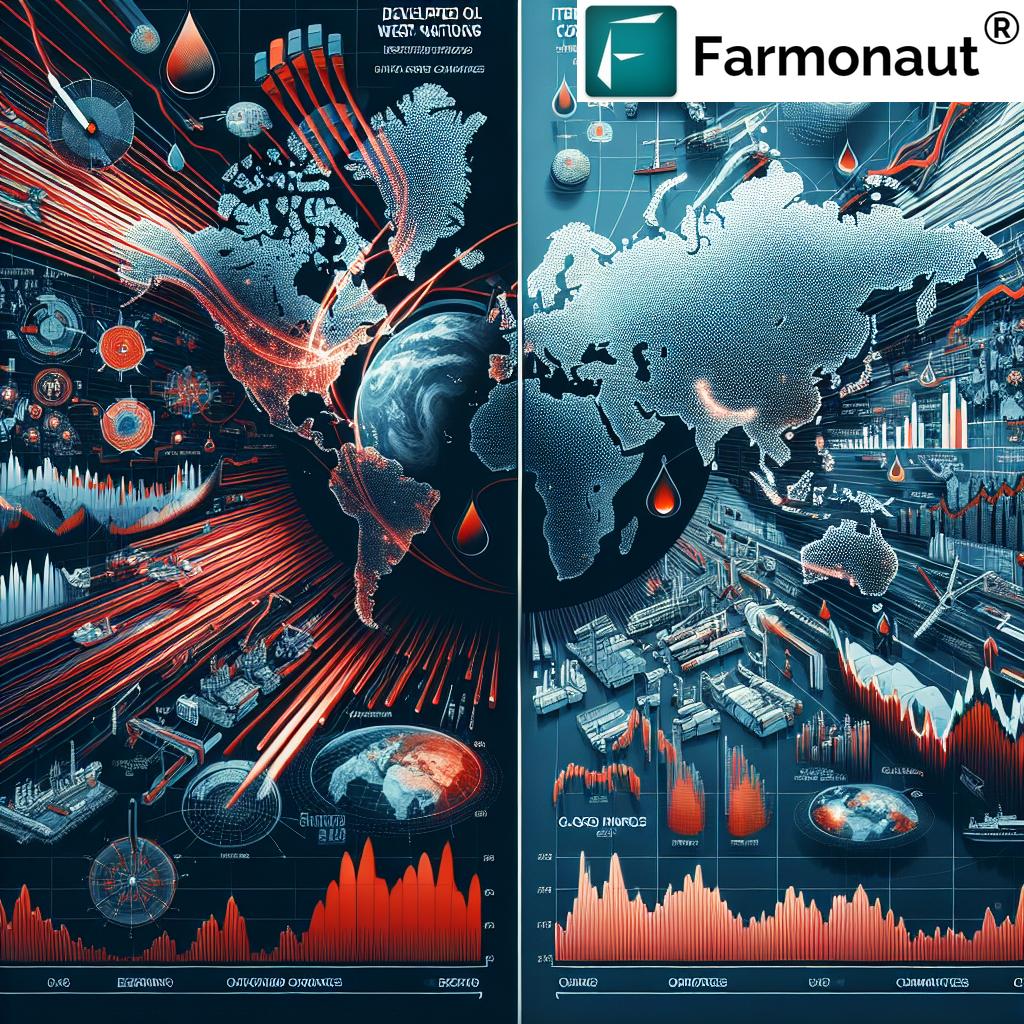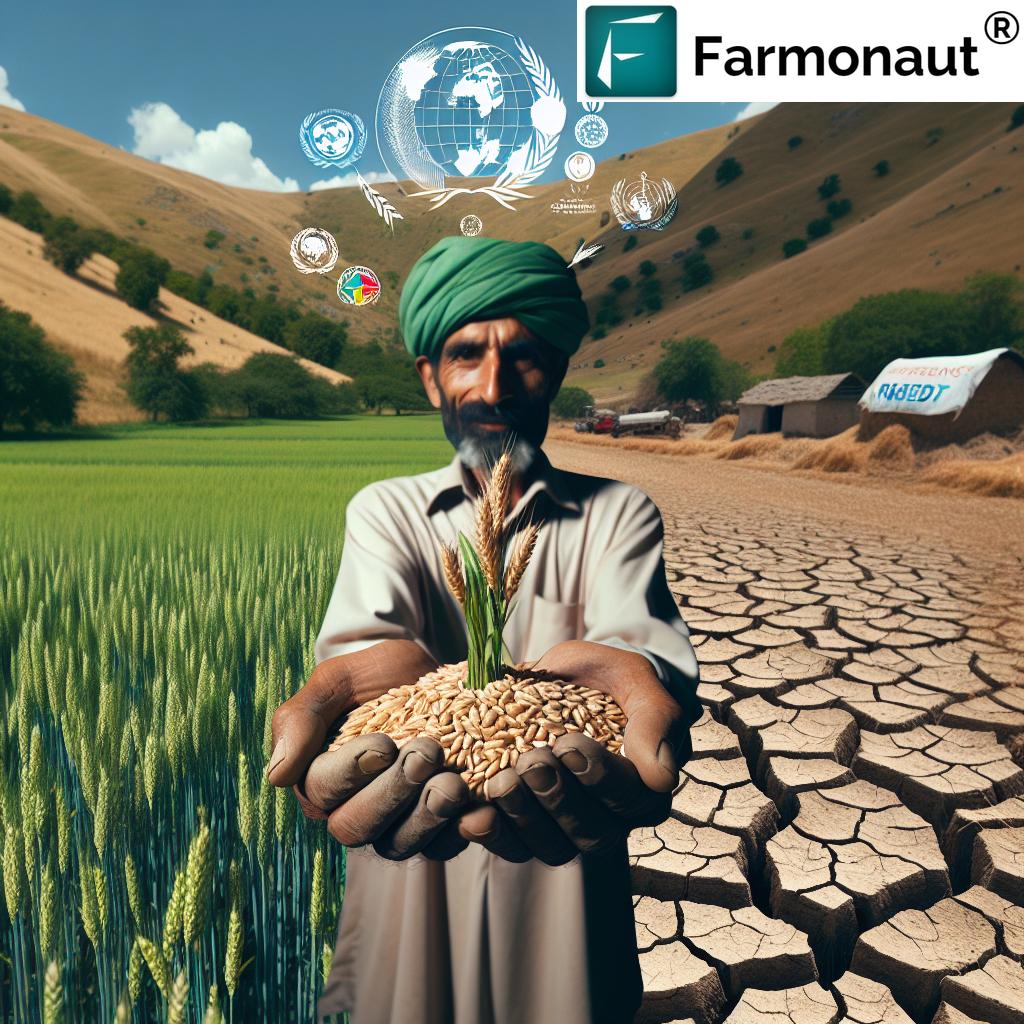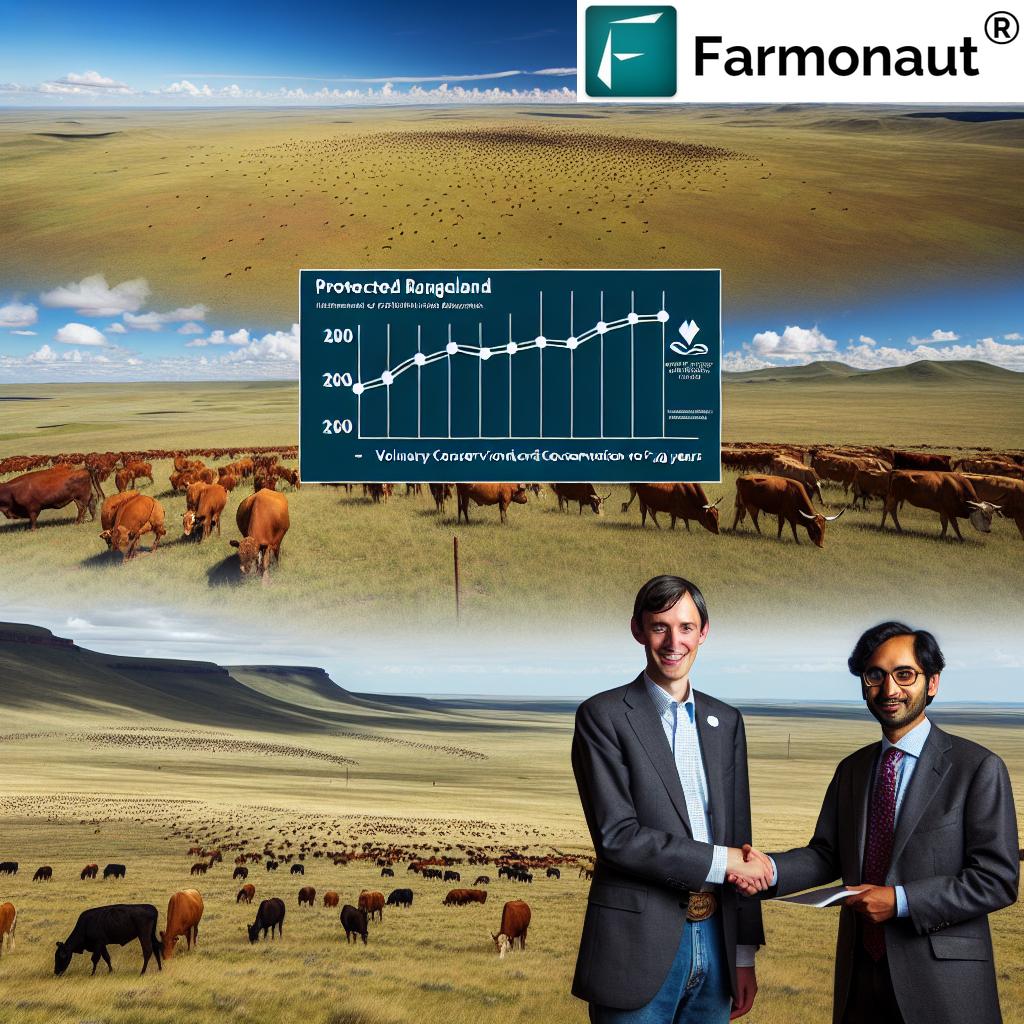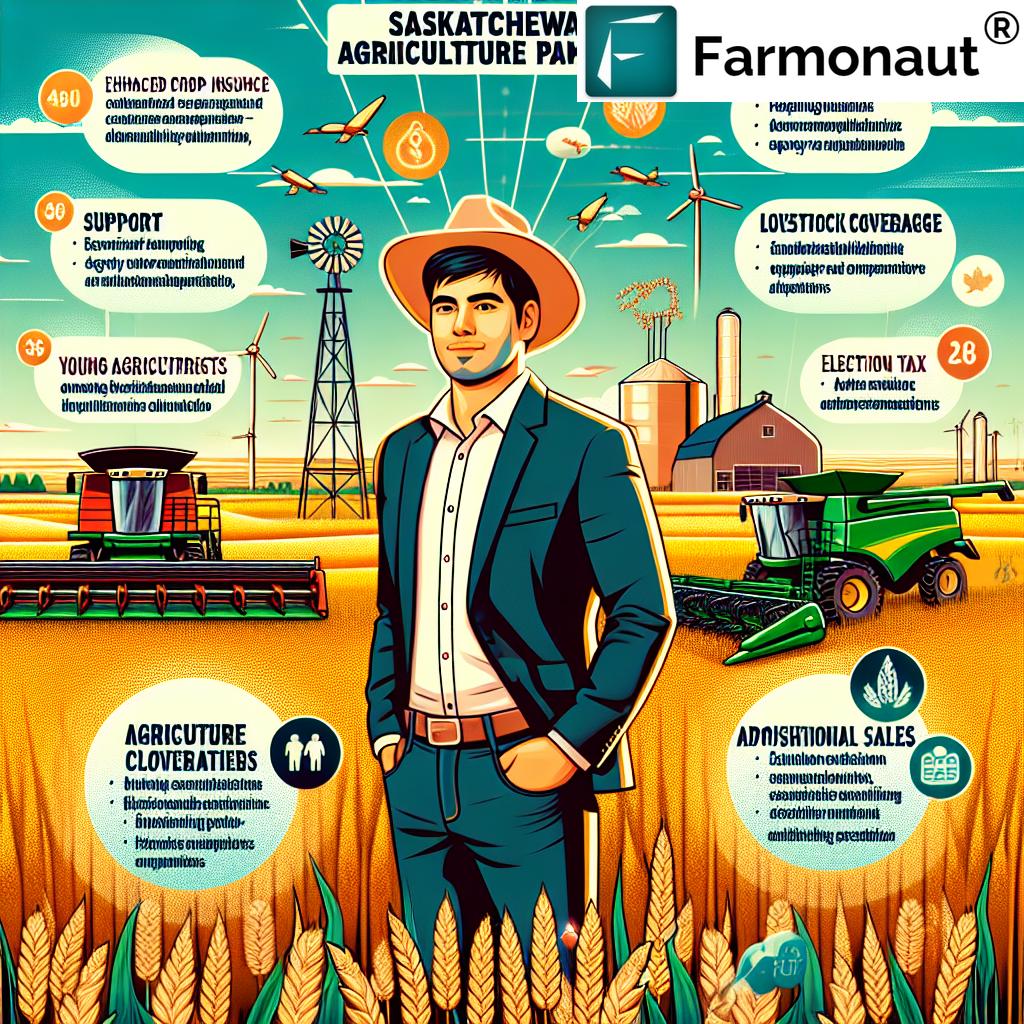Unleashing Ukraine’s Corn Seed Exports: A Surprising Boost to EU Agriculture Amid Trade Tensions
PARIS/KYIV – In a remarkable turn of events, Ukraine’s corn seed exports to the EU have surged dramatically over the past two years, offering a glimmer of hope for the war-ravaged nation’s agricultural sector. This unexpected development, however, has intensified EU agricultural trade tensions, as European farmers voice concerns over what they perceive as unfair competition from their eastern neighbor.

Ukraine’s Agricultural Sector: A Phoenix Rising from the Ashes
The Ukrainian agricultural sector recovery has been nothing short of remarkable. Despite the ongoing conflict with Russia, which has devastated vast swathes of farmland and critical infrastructure, Ukraine has managed to carve out a niche in the highly competitive EU corn seed market. This resilience showcases the adaptability and determination of Ukrainian farmers and agribusinesses.
According to the Seed Association of Ukraine, the country’s total seed exports, predominantly corn (maize), skyrocketed to an impressive $121 million in 2023. This figure stands in stark contrast to the pre-war level of just $22 million in 2021, highlighting the exponential growth in this sector.
- Ukraine’s share in the EU corn seed market has grown from 0% to approximately 10% since 2021
- The country’s total agricultural exports reached an estimated $23 billion in 2023
- Seed exports, while a fraction of total exports, offer higher profit margins for farmers
Siuzana Grygorenko, head of the Seed Association of Ukraine, emphasizes the crucial role of exports in sustaining seed producers during the challenging years of 2022-2023. This underscores the importance of international trade in bolstering Ukraine’s agricultural resilience.
The Profitability of Seed Production in Ukraine
One of the key factors driving the surge in Ukrainian corn seed exports is the profitability of seed production in Ukraine. While seed cultivation demands more attention and resources than standard crops, the financial rewards are significantly higher.
Ukraine’s agriculture ministry provides enlightening data on the economics of seed production:
- A metric ton of corn seed can be sold for $3,900, compared to $200 for a ton of regular corn
- Production costs for seed corn are estimated at $1,800 per hectare, versus $900 for grain corn
- The profit margin for seed production is nearly double that of regular corn production
This substantial price differential more than compensates for the increased production costs, making seed cultivation an attractive option for Ukrainian farmers seeking to maximize their returns in challenging times.
EU-Ukraine Agricultural Trade Relations: A Double-Edged Sword
The European Union has been a staunch supporter of Ukraine throughout the ongoing conflict with Russia. As part of this support, the EU granted Ukraine favorable trade terms, including the regulatory approval for Ukrainian corn seed exports to EU markets. While this move was intended to bolster Ukraine’s economy, it has inadvertently created tensions within the EU’s agricultural sector.

European farmers’ concerns about Ukrainian imports have grown increasingly vocal. The primary issue revolves around the perceived unfair competition posed by lower-cost Ukrainian agricultural products. In response to these concerns, the EU implemented agricultural import restrictions on certain products from Ukraine, including sugar, eggs, and corn grain. However, these restrictions do not currently extend to corn seeds.
Arthur Boy, economic affairs advisor for the European corn growers association CEPM, has called for measures to limit corn seed imports, describing them as “extremely destabilizing for our market.” This sentiment reflects the growing unease among EU farmers about the impact of Ukraine exports on EU seed market dynamics.
France: A Case Study in Shifting Trade Dynamics
The transformation in EU-Ukraine agricultural trade relations is particularly evident in France, the EU’s largest seed exporter. The country has experienced a significant shift in its seed trade balance with Ukraine:
- France’s seed trade surplus with Ukraine peaked at €100 million in 2020/21
- By 2022/23, this surplus had dwindled to €41 million
- The shrinking France seed trade surplus underscores the changing landscape of seed trade between the EU and Ukraine
This dramatic reversal highlights the broader implications of Ukraine’s growing prominence in the EU corn seed market. It also underscores the need for careful management of EU-Ukraine agricultural trade relations to ensure mutually beneficial outcomes.
Ukraine’s Strategic Focus on Import Substitution
While Ukraine’s corn seed exports have garnered significant attention, it’s important to note that the country’s agricultural strategy extends beyond mere export growth. Ukrainian authorities and industry representatives emphasize that their primary goal is import substitution in Ukraine, rather than aggressive export expansion.
Ukraine’s Agriculture Minister, Vitaliy Koval, told Reuters, “We have a huge potential for import substitution.” This statement underscores the country’s ambition to reduce its dependence on imported agricultural inputs, particularly in the oilseed sector.
- Ukraine remains heavily reliant on oilseed imports, with January-September imports valued at $346.5 million
- The focus on import substitution aims to strengthen Ukraine’s agricultural self-sufficiency
- This strategy could further reshape EU-Ukraine agricultural trade dynamics in the coming years
International Seed Companies: Investing in Ukraine’s Potential
The growth of Ukraine’s seed sector has not gone unnoticed by international seed companies in Ukraine. Major players such as U.S.-based Corteva, France’s Maisadour, and Germany’s Bayer had established farm networks and seed processing facilities in Ukraine long before the current conflict erupted.
Despite the challenges posed by the war, including reduced domestic demand and the loss of the Russian market, several companies are doubling down on their investments in Ukraine:
- Bayer and KWS have invested tens of millions of euros to expand their processing facilities in Ukraine
- Farm operator HarvEast increased its seed production area by 20% in 2023 and plans similar growth for 2024
- These investments highlight the long-term potential of Ukraine’s seed sector
The continued commitment of international companies to Ukraine’s agricultural sector speaks volumes about the country’s potential as a major player in global seed production.
Conclusion: Navigating the Complexities of Agricultural Trade
The rapid rise of Ukrainian corn seed exports to the EU represents both an opportunity and a challenge for European agriculture. While it has provided a much-needed boost to Ukraine’s war-affected farm industry, it has also intensified trade tensions within the EU.
As the situation continues to evolve, careful diplomacy and policy-making will be crucial to balance the needs of Ukrainian farmers seeking economic recovery with the concerns of EU farmers about fair competition. The ongoing developments in this sector will likely have far-reaching implications for EU-Ukraine agricultural trade relations and the broader European agricultural landscape.
For those interested in staying updated on agricultural developments and leveraging advanced technologies for farm management, consider exploring the following resources:
Farmonaut Satellite API – Access real-time satellite data for agricultural insights
API Developer Docs – Comprehensive documentation for integrating Farmonaut’s API into your applications
As the agricultural landscape continues to evolve, staying informed and leveraging cutting-edge technologies will be key to navigating the challenges and opportunities that lie ahead.






